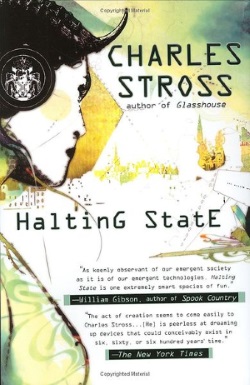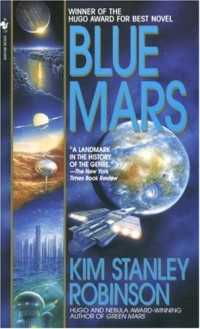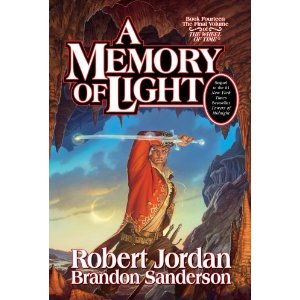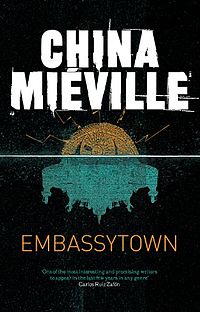So I finally finished reading Worm, a massive web serial that clocks in at over 1.6 million words. That’s easily over a dozen regular books. Like many others, I was drawn in by Eliezer Yudkowsky’s recommendation. It’s a superhero story with a teen-aged girl as its protagonist. It starts out on a small scale in a high school setting and could easily be dismissed as yet another Young Adult story. But as you read on, the camera pulls back and you realize what a massive and well-developed world this story is set in, with tons of characters each with intriguing side stories of their own.
Soon enough our protagonist becomes embroiled in ever greater and more earth-shaking events and the whole thing ends with a massive battle that redefines what it means to be epic in the superhero genre. This story pretty much has everything that any fan of superheroes could want: inventive superpowers and more importantly, creative uses of said superpowers, superb character development and very satisfying inter-character interaction, masterful handling of tension and cliffhangers, a rich setting with mysteries such as the origin of superpowers that are slowly explained over the course of the story, giant kaiju-style threats that all characters must team up together to drive back, and a fantastically written overall arc that must have been planned right from the beginning.
Perhaps more impressive than all that is that the author apparently managed to finish all this in about two and a half years of work, cranking out chapters twice every week like clockwork. Later he used bonus interlude chapters as incentives to drum up donations, so many weeks had three chapters. Early chapters were pretty short in the 3,000 to 4,000 word range, but chapters grew in length over time so by the end 8,000 word chapters were the norm and 10,000 word chapters were not unheard of. That is an inhuman level of dedication and hard work over such an extended period of time.
I do have plenty of complaints and nits to pick but I would like to make it clear that this is a fantastic piece of literature and I don’t want my negative comments to discourage readers from reading it so I’ll refrain from listing them here. It still needs editing and some revision but I sincerely believe that this epic deserves to be published and sold alongside A Song of Ice and Fire, the Harry Potter series and works of similar stature. If we’re very lucky, very lucky, we might even see movies or television shows based on this many, many years down the road (though given the scope of some of the fights, I find it hard to imagine how one would go about filming the scenes).
Now go and read it. You’ll be enthralled.





